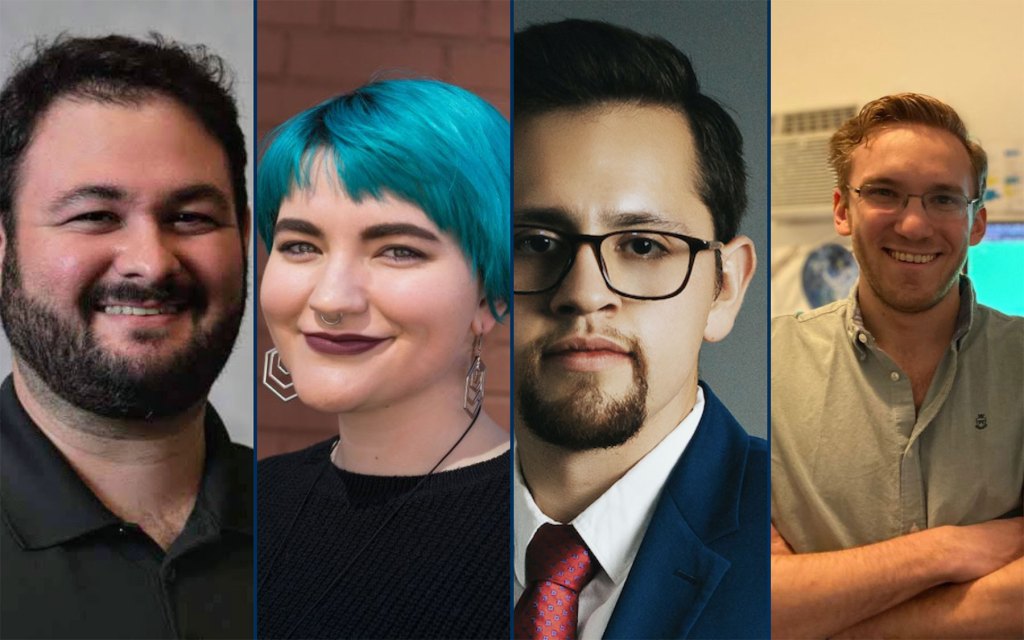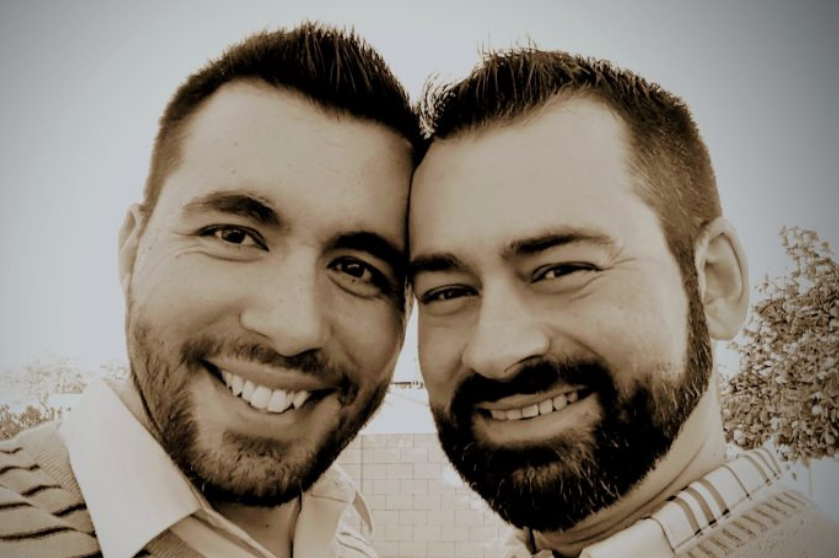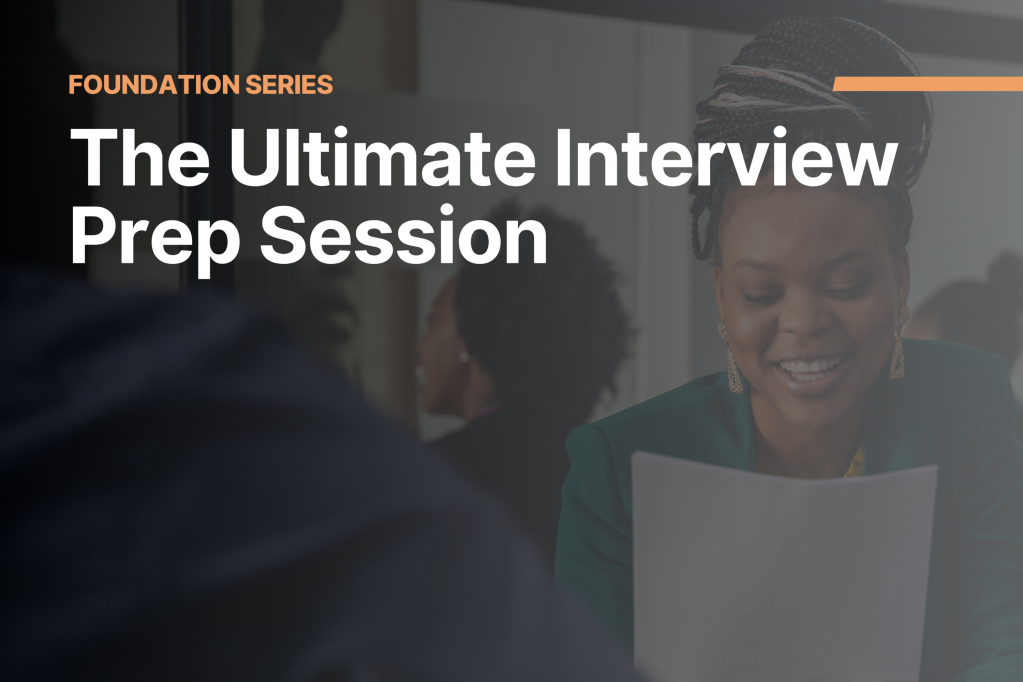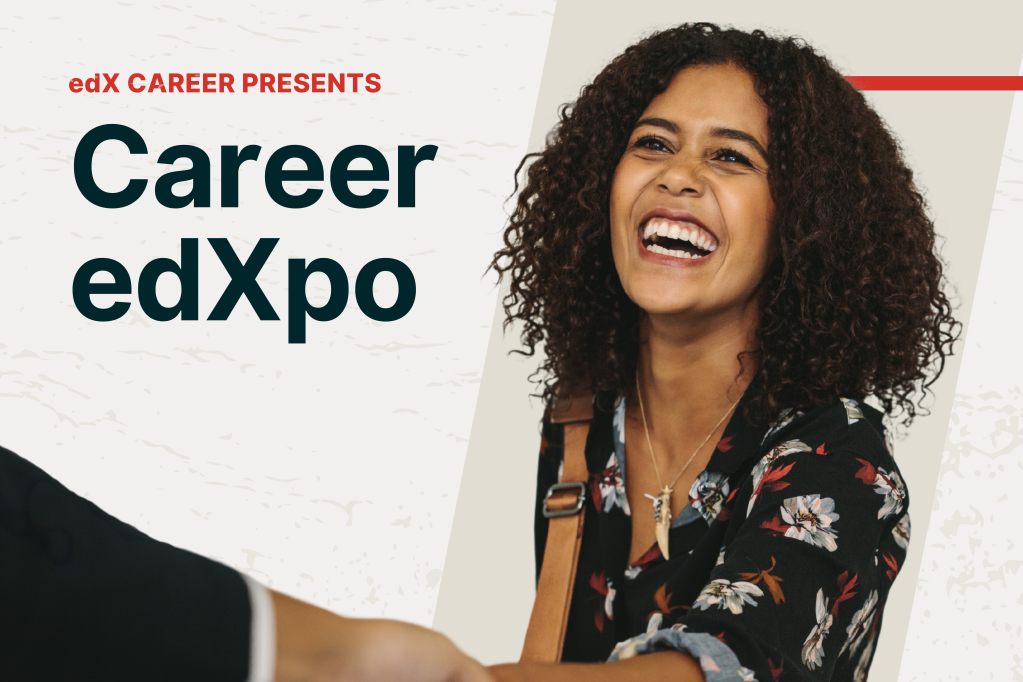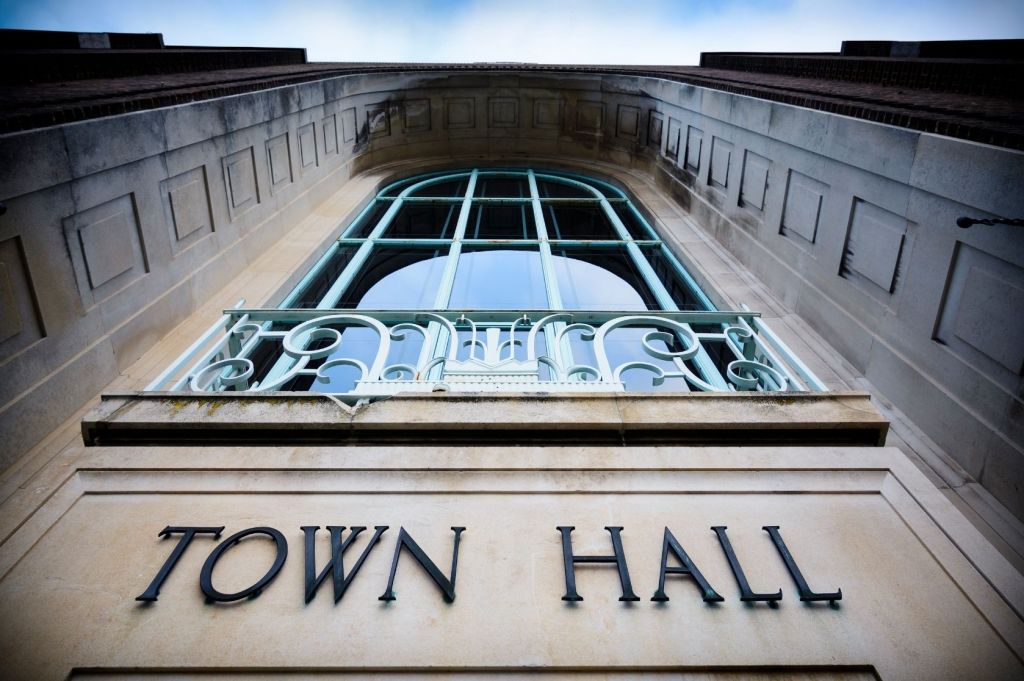
Employer-ready candidates understand how to speak confidently about their technical and transferable skills to sell their professional value to employers. View a more detailed interview prep guide in the Behavioral Interview Prep Guide.
Tell me about yourself.
Think about your past (previous experience and education), present (your current job and how it’s preparing you for this role), and future (why you want the job you’re interviewing for).
Why do you want to work in government?
This question is designed to gauge the root of your desire to work in the government. An employer wants specifics; why do you want to work in the government as opposed to other areas of society. Avoid answers related to pay, benefits, or time off. Instead center your answer on content- and mission-driven aspects of government.
How would you describe the role of our agency within the government to a member of the general public?
This question is designed to see what you know about the agency and its responsibilities, as well as to gauge how you might interact with citizens as a government employee.
How do you build rapport with colleagues outside your speciality? Tell me about a specific time when you collaborated with a colleague that resulted in a positive outcome.
Discuss your approach to building rapport with colleagues. Pick a specific example that had a positive outcome. Explain what happened and how you proactively collaborated with your colleague.
This role involves a lot of interaction with concerned citizens. Is that something you can see yourself doing on a daily basis?
This question is designed to evaluate your readiness and desire to work in a citizen-oriented position. Your answer should be positive and detailed. Explain why you are a good fit for this kind of role.
How would you handle being sent to live in a developing country with limited amenities and an unstable political environment?
This question is designed for those pursuing foreign assignments outside of their country’s borders. You want to demonstrate your willingness to live and work in dangerous or limited environments.
Tell me about a problem you had in your last job and how you resolved it.
Think of a situation where you had to use your analytical, teamwork, and communication skills and achieved a successful outcome. Describe what you encountered clearly but briefly, as well as the steps you took to resolve the problem, implement the solution, create the process, or whatever other action was required.
What diversity, inclusion, and/or cultural competence training or coursework have you received and how have you applied what you learned in your current or previous roles?
Zoom in on a few key takeaways from training or coursework you’ve completed. Pick a specific time when you incorporated one of those takeaways into your work. Tell a story using the STAR method.
What challenges do you except there to be in this role?
First, focus on general challenges the role will face. Explain problems related to the nature of the job and its tasks, while also providing ways that you would overcome each challenge you describe with practical examples. In addition, show humility by explaining the personal challenges you may face in the role.
Pro Tip: Always keep your answers positive, demonstrate what you’ve learned, and tell a story using the STAR framework (Situation, Task, Action, and Result) for behavioral questions so you can provide details about your accomplishments.

